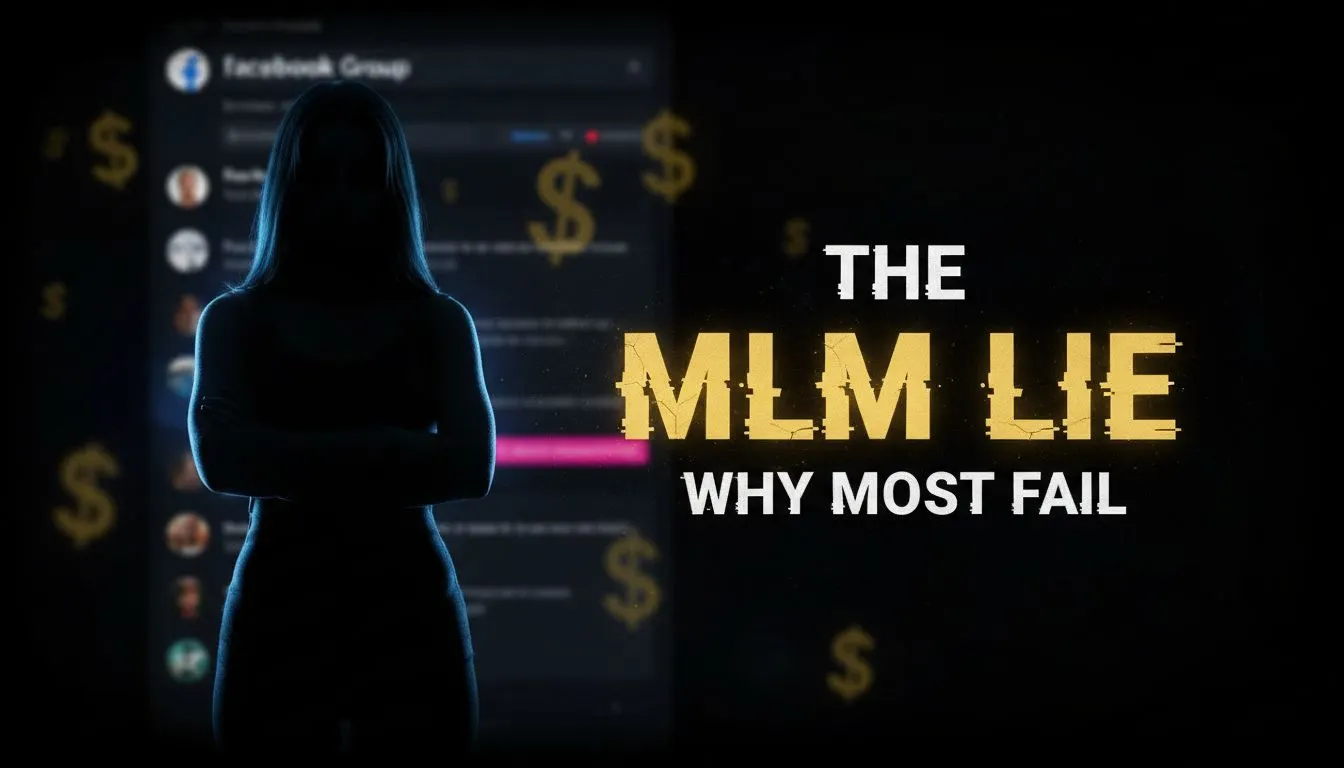Ponzi Scheme Vs Pyramid Scheme

Ponzi Scheme
A Ponzi scheme is a fraudulent investing scam promising high rates of return with little risk to investors. The scheme generates returns for older investors by acquiring new investors. This type of scheme is also called a pyramid scheme.
What is a Ponzi Scheme?
A Ponzi scheme (/ˈpɒnzi/; also a Ponzi game)[1] is a form of fraud that lures investors and pays profits to early investors with money invested by later investors. The scheme leads victims to believe that profits are coming from product sales or other means, and they remain unaware that other investors are the source of funds. A Ponzi scheme can maintain the illusion of a sustainable business as long as new investors contribute new funds, and as long as most of the investors do not demand full redemption of their shares. The scheme is named after Charles Ponzi, who became notorious for using the technique in early 1920.[2][3]
Ponzi schemes sometimes commence operations as legitimate investment vehicles, such as hedge funds, private equity funds or real estate investment trusts. For example, Bernard Madoff's wealth management business started out as a legitimate entity, but morphed into a Ponzi scheme over time. Other times, fraudsters have set up companies from scratch solely for the purpose of perpetrating a long-term Ponzi scheme (e.g., Tom Petters' corporate empire).[4]
How Does a Ponzi Scheme Work?
A Ponzi scheme is a fraudulent investing scam promising high rates of return with little risk to investors. The scheme generates returns for older investors by acquiring new investors. This is similar to a pyramid scheme in that both are based on using new investors' funds to pay the earlier backing investors.
Both types of schemes are illegal in the United States and many other countries. They are named after Charles Ponzi and William Pyne, respectively, who became famous for using the schemes in the early 1900s.
Ponzi schemes typically involve promised returns that are significantly higher than those offered by more traditional investments. For example, a scheme might promise to double your investment in a month. These high rates of return require a constant flow of new investments to sustain them.
As more people invest, the scheme collects more money. However, instead of investing this money, the operator uses it to pay earlier investors their promised returns. This creates the appearance that the investment is profitable and pays regular returns, when in reality it is not.
Eventually, the scheme will become unsustainable as it runs out of new investors or money to pay back earlier investors. When this happens, it quickly collapses and leaves most people who have invested money losing most or all of their investment
What Are the Risks of a Ponzi Scheme?
There are several risks associated with investing in a Ponzi scheme, including the following:
-You could lose all of your investment.
-The scheme could be shut down by regulators, which would mean you would not be able to get your money back.
-Even if the scheme is not shut down, it could still collapse if there are not enough new investors to keep it going. This would also mean you would not be able to get your money back.
These risks should be taken into consideration before investing in any type of Ponzi scheme.
Pyramid Scheme
A pyramid scheme is a fraudulent system of making money based on recruiting new participants. Money is made by convincing people to invest and then using their investment to pay off early investors. These schemes usually collapse when there is not enough new money coming in to keep paying the older investors.
What Is a Pyramid Scheme?
A pyramid scheme is a fraudulent investment opportunity in which participants recruit additional investors in order to receive a larger return on their investment. With pyramid schemes, however, the majority of the funds actually go to the individual running the scheme, rather than being reinvested.
Pyramid schemes are illegal in many countries, and even some legitimate businesses have been accused of operating like pyramid schemes. It is important to be aware of the signs of a pyramid scheme so that you can avoid being scammed out of your hard-earned money.
There are two main types of pyramid schemes: product-based and membership-based. In a product-based pyramid scheme, participants sell a product or service to new recruits, and receive a commission for every sale made. In a membership-based pyramid scheme, participants pay to join the scheme and then recruit new members in order to earn commissions.
Pyramid schemes are often disguised as legitimate businesses, such as multi-level marketing programs or investment opportunities. They may also claim to offer high returns, even though there is no evidence to support these claims.
If you are thinking about investing in a business opportunity, it is important to do your research before handing over any money. Be sure to ask questions and look for red flags that may indicate a pyramid scheme.
How Does a Pyramid Scheme Work?
A pyramid scheme is a fraudulent system of making money based on recruiting new participants.
The promise of making money by signing up new members is used to lure people into the scheme. Once someone has paid to join, they are tasked with finding more people to join under them. Each new member recruitment earns the person at the top a commission, kickstarting a flow of money up the pyramid.
The problem with this system is that there are only so many people that can be recruited. Sooner or later, the pyramid will collapse when there are not enough new members being brought in to keep it going. This leaves everyone except the person at the top of the pyramid out of pocket, with no way to get their money back.
What Are the Risks of a Pyramid Scheme?
The biggest risk of a pyramid scheme is that it will collapse and people will lose money. This is because the scheme is reliant on new investment to keep it going and, eventually, there are not enough new investors to support the scheme.
Another risk is that people who are invested in a pyramid scheme may find it difficult to get their money back. This is because the scheme is designed to entice people to keep reinvesting their money, rather than cash out.
There is also a risk that pyramid schemes could be illegal. In some countries, such as the USA, pyramids schemes are considered fraud and are punishable by law.









